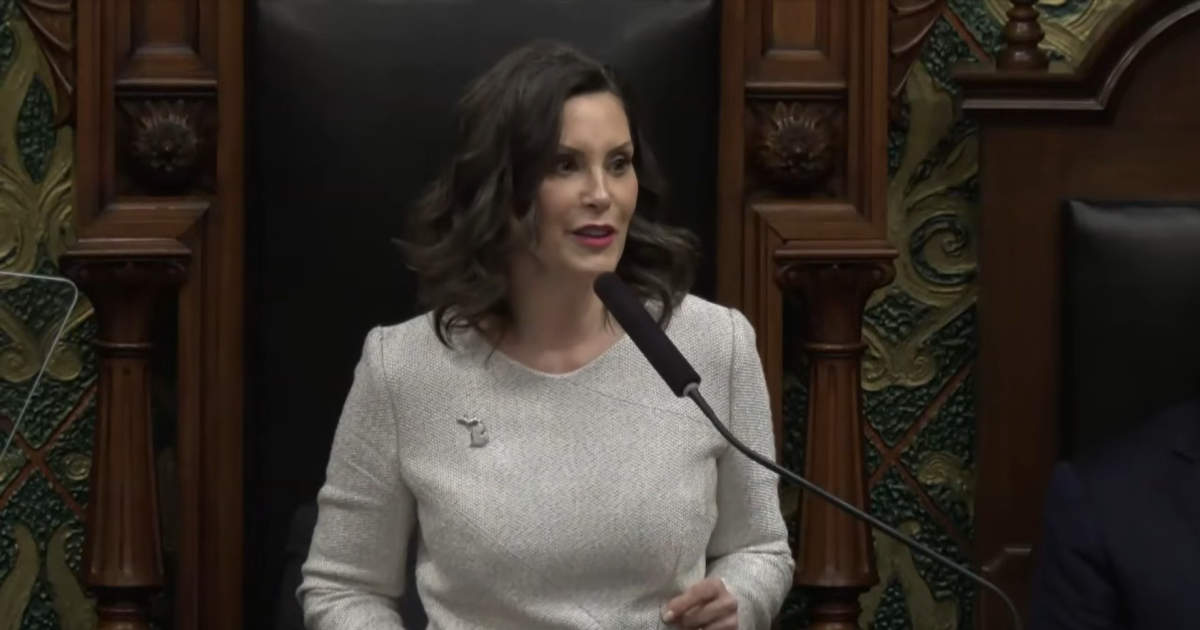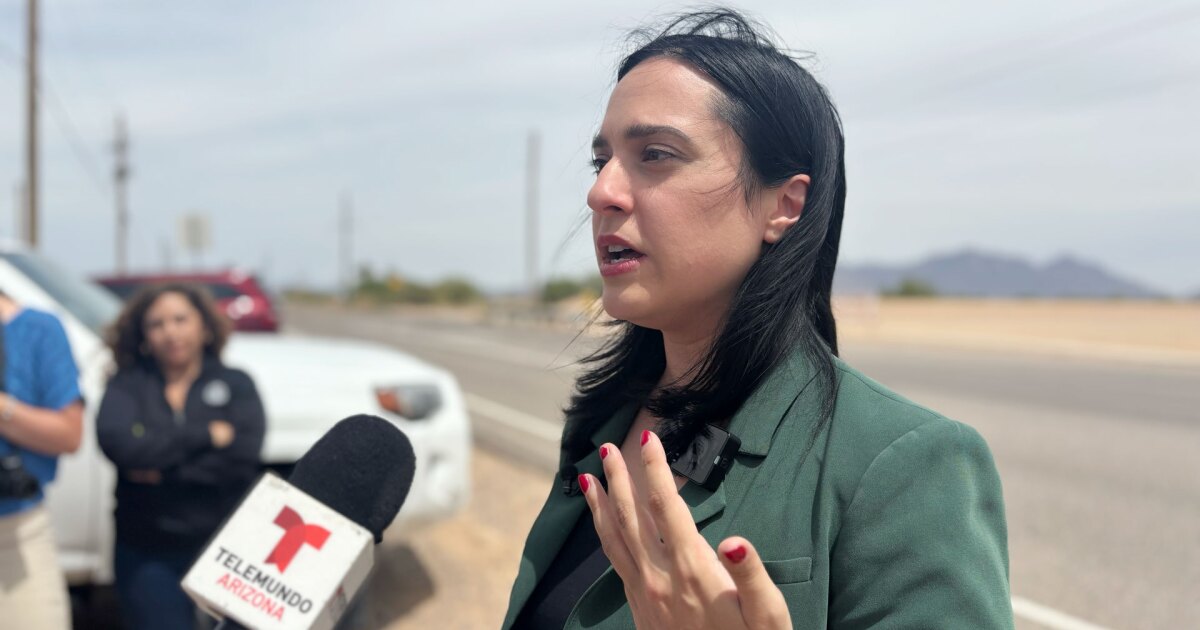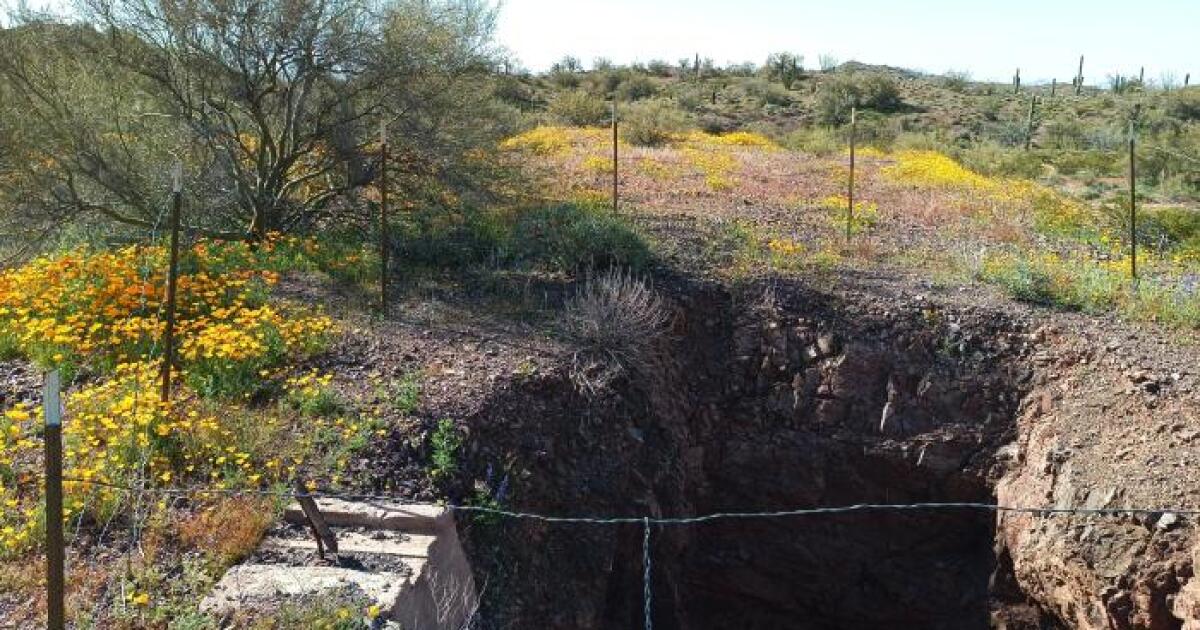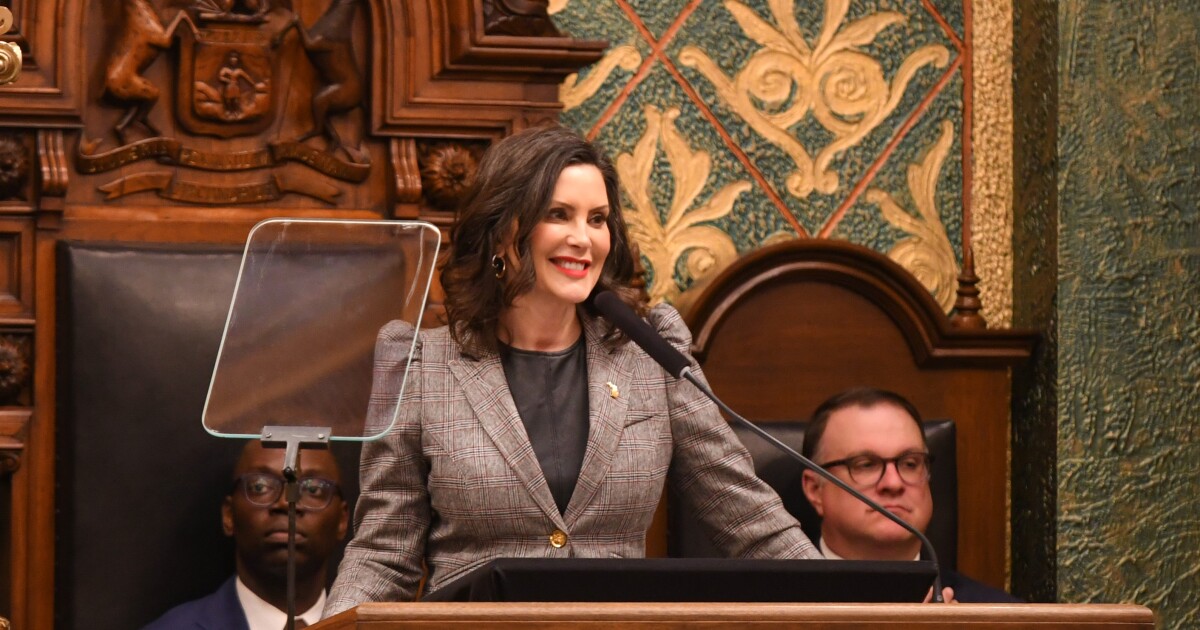In northeast Washington’s Methow Valley, child care is scarce, with just two licensed programs available, including a Head Start center. Forty miles away in Okanogan, Head Start provides 30% of limited child care spots. Head Start is crucial in rural areas, operating in 86% of rural counties. President Donald Trump’s proposed budget could eliminate this federal program, impacting many rural communities that supported him. Head Start occupies 46% of funded slots in rural districts, compared to 22% in urban areas, with one-third of rural centers in some states run by Head Start.
In this part of Washington, south of the Canadian border and east of the Cascade Mountains, Head Start fills a vital gap with licensed care for only 1 in 3 children under 5. The program offers essential services like developmental screenings, mental health support, and dental care, crucial for rural families. “Those federal grant funds make a huge difference in places where other programs cannot afford to operate,” said Katie Hamm, former deputy assistant secretary for early childhood development. “If Head Start closes, it’s not like [families] have another option.”
Since 1965, Head Start has served over 40 million low-income children through free preschool programs and Early Head Start for younger ages. Although quality varies, research shows positive outcomes; children who attended Head Start are likelier to graduate and enroll in college, with better health and self-esteem. Jodi DeCesari, executive director of Washington’s Okanogan County Child Development Association, emphasized the two-generation approach aiding both children and parents. “We’re helping families lift themselves out of poverty and become more self-sufficient,” she said, benefiting the community long-term.
The program has historically received bipartisan support, yet funding has dwindled under the Trump administration, with $1 billion less sent to states this year. In Georgia, Head Start faces delays due to an executive order demanding detailed funding justifications, impacting rural programs lacking local financial resources. In Yakima, Washington, a rural Head Start network temporarily closed due to funding delays. In Montana, fear about Head Start’s future affects teachers, who may leave for higher-paying school district jobs.
In Okanogan, Jodi DeCesari faces uncertainty about funding requests, like for an air conditioning unit. With offices shuttered, chaos ensues. Head Start’s closure would significantly impact the local economy; DeCesari’s organization employs over 100 people and invests millions locally. “Families benefit from our services,” she said. “Without Head Start, I think we’re really going to see a generational loss.”
Contact staff writer Jackie Mader at 212-678-3562 or mader@hechingerreport.org.
This story about Head Start was produced by The Hechinger Report, a nonprofit, independent news organization focused on inequality and innovation in education. Sign up for the Hechinger newsletter.
The Hechinger Report provides in-depth, fact-based, unbiased reporting on education that is free to all readers. But that doesn’t mean it’s free to produce. Our work keeps educators and the public informed about pressing issues at schools and on campuses throughout the country. We tell the whole story, even when the details are inconvenient. Help us keep doing that.
—
Read More Kitchen Table News









